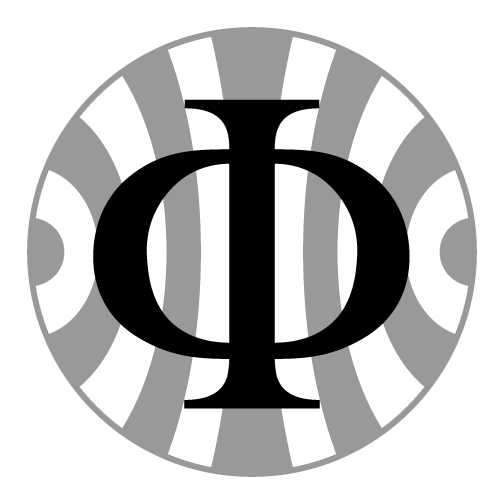Fast parameter estimation and approximations
Parameter estimation (fits) and approximations are invaluable tools in all parts of physics. In this course, the basics are introduced, and discussed for models which a linear in the fit parameters. The advantage of this class of models is that they can be solved analytically (even with pen and paper), and that they can be implemented to run very quickly on modern computers. Moreover, the intuition gained with these models helps with the understanding and interpretation of the results of more complex fits which you will doubtlessly encounter later in your studies (or have encountered already). Specifically, we will discuss χ² fits (and the method of least squares), the statistical uncertainty (covariance matrix) of the obtained fit parameters, how to implement this method on a computer, and how to apply the method to derive efficient approximations to functions.
target audience
Students with an interest in data analysis. Basic knowledge of a programming language (Python, C, C++, or similar) is required (one should have seen hello world and a couple of loops).
max. number of participants
The course takes place in the afternoons of April 7th till April 11th 2025 (13:30-16:30) in the CIP Pool INF 226 1.305. There are 20 working terminals in the room, and there is space for about 25 people (people who want to use their own laptop should free the terminals for participants who do not have a laptop).
Prerequisites
You will need pen(cil) and paper, a Laptop or an account im CIP-Pool of the faculty of Physics (some skill in using a text editor, and access to a python interpreter or C/C++ compile, depending on your favourite programming language, are needed).
programme
A detailed programme will be made available at the beginning of the course, and will be linked to from here. A rough outline can be found here:
- warm-up: weighted mean of measurements
- fit with a straight line (example: calibration)
- covariance matrix
- correlations among fit parameters
- fit with polynomials
- Cholesky decomposition
- toys, goodness-of-fit tests
- summary fits
- Chebyshev polynomials
- approximations
- example detector calibration
- example sin/cos
Materials and slides are available here.
Questions, suggestions, comments
should be sent by e-mail to Manuel Schiller, schiller at
physi.uni-heidelberg.de.


